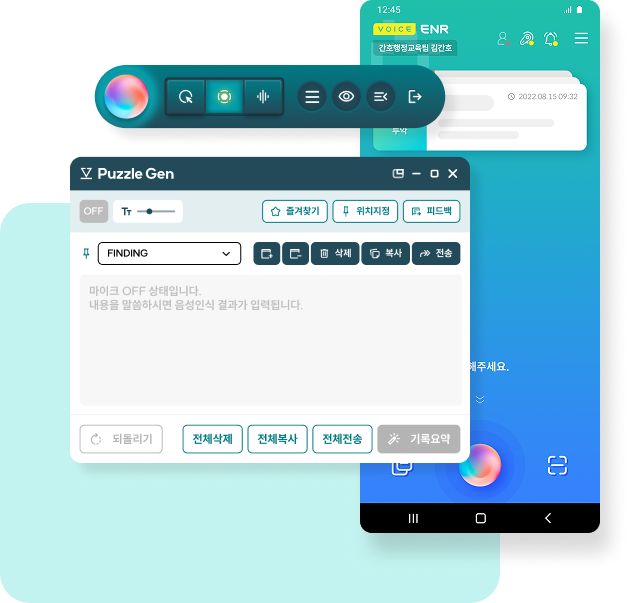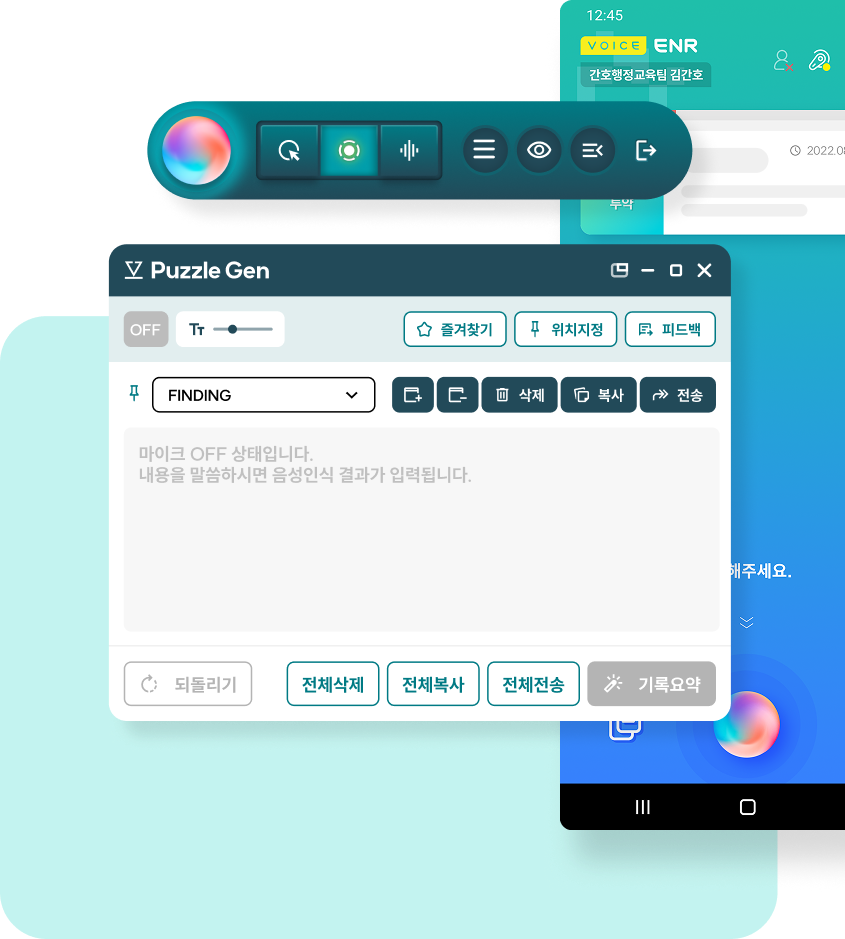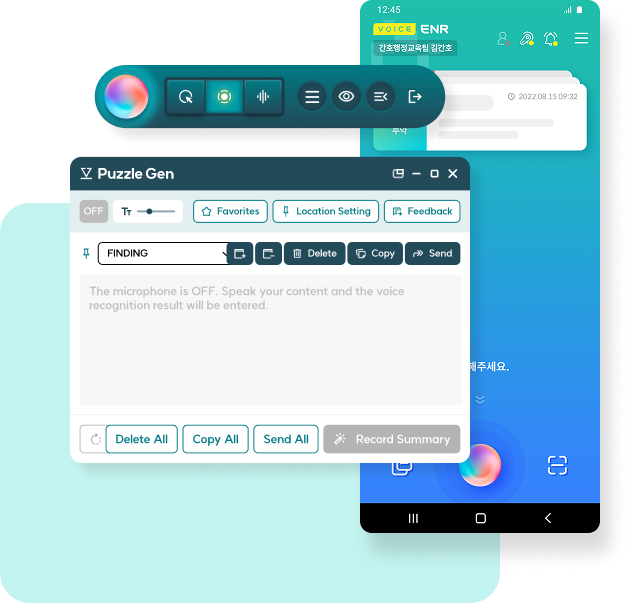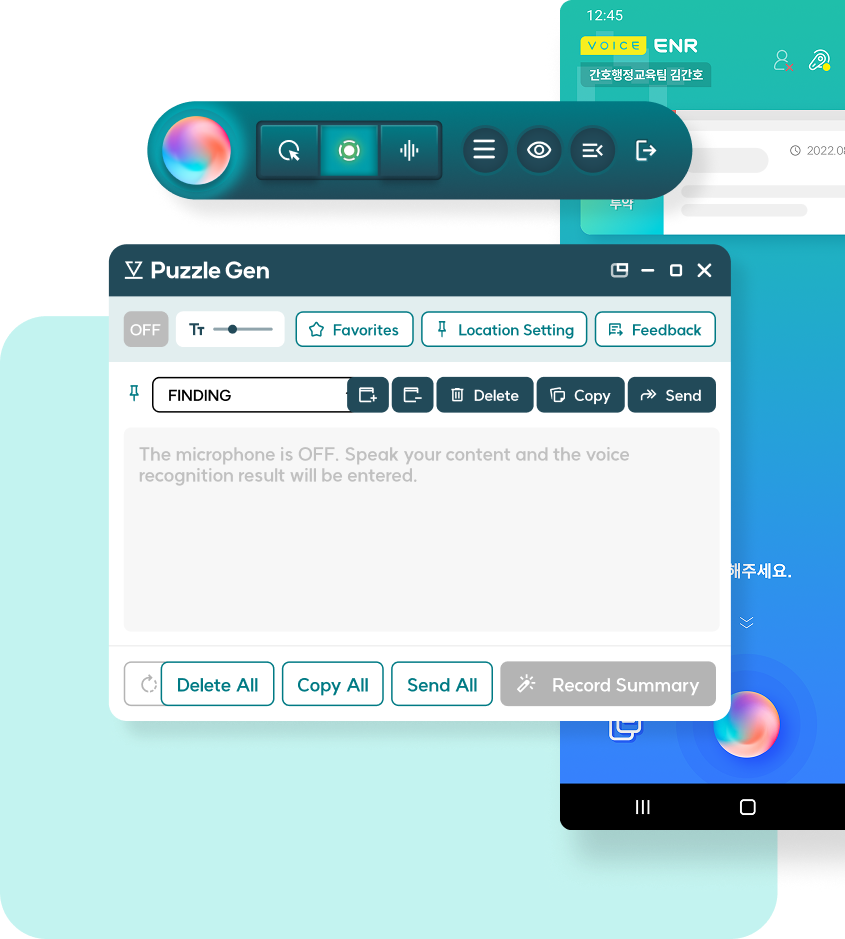퍼즐에이아이


퍼즐에이아이는
최첨단 인공지능기술이 집약된
의무기록 비서를
제공하는 회사입니다
홈페이지 리뉴얼 안내
퍼즐에이아이 홈페이지는 2월 중으로 새롭게 리뉴얼될 예정입니다.
현재는 제품 문의와 데모 신청만 가능합니다.
더욱 깔끔하고 새로운 모습으로 찾아뵙겠습니다.
감사합니다.
제품 또는 비즈니스 문의는 아래와 같습니다.
- 제품도입 : kidae@puzzle-ai.com
- 사업협력 : bizplan@puzzle-ai.com
- 해외/Global : michael@puzzle-ai.com
퍼즐에이아이


Puzzle AI is a
purpose-built AI medical
documentation assistant
for real clinical workflows
The website is currently being renewed.
The Puzzle AI website is currently being re-designed and will relaunch in February.
At this time, only product inquiries and demo requests are available.
We’ll be back soon with an updated experience. See you soon!
Product or business inquiries are as follows.
- Product | South Korea : kidae@puzzle-ai.com
- Sales/Partnership | Korea : bizplan@puzzle-ai.com
- Global Operations : michael@puzzle-ai.com